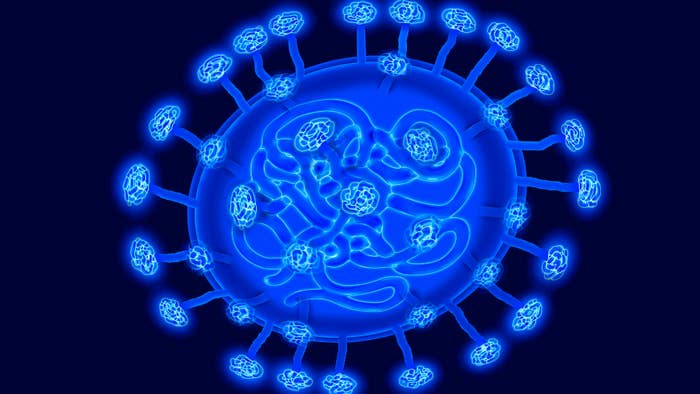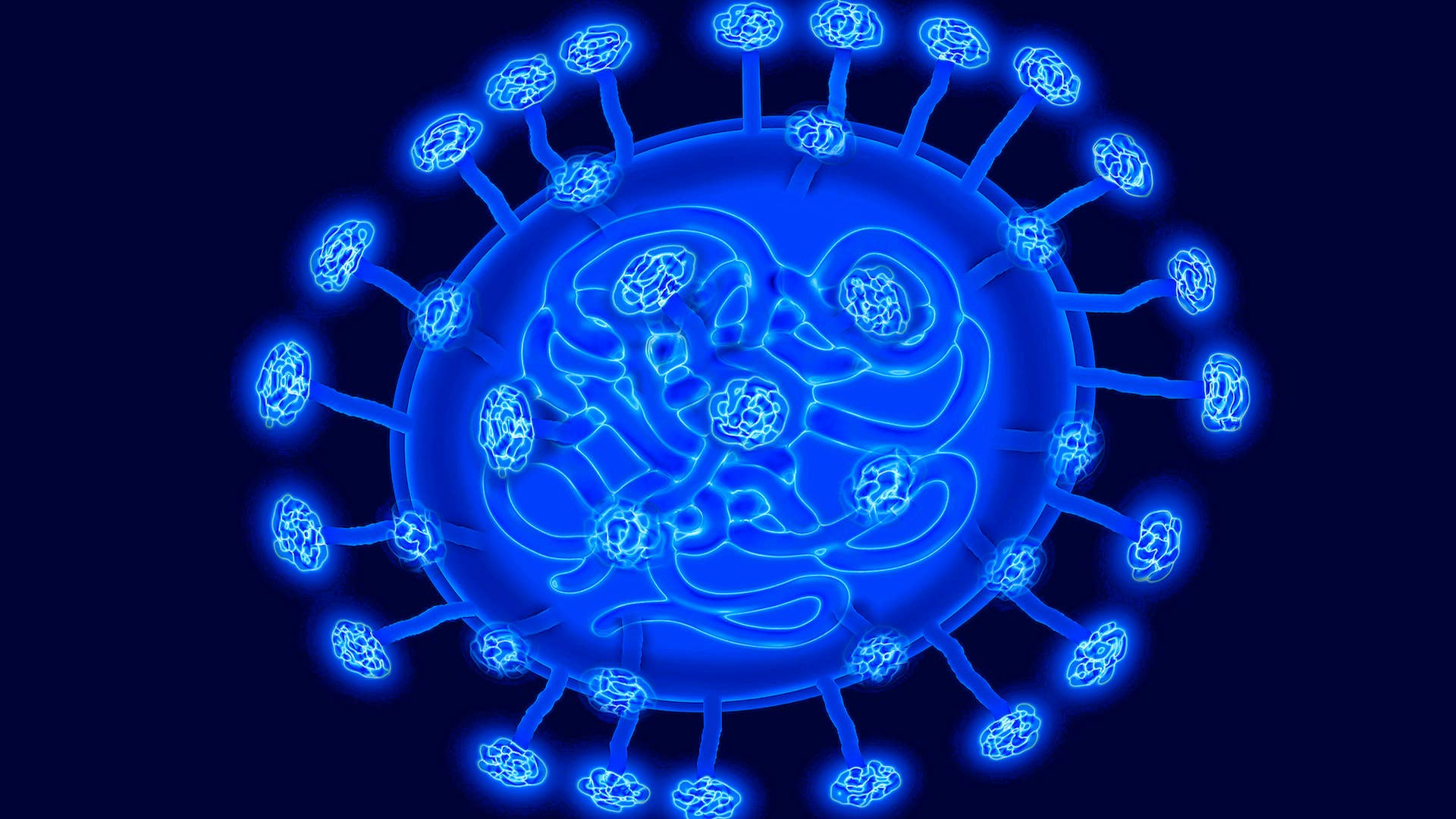
The threat of blood clots developing in coronavirus patients has become a major concern among doctors around the world.
Mitchell Levy, chief of pulmonary critical care and sleep medicine at the Warren Albert School of Medicine at Brown University, told Bloomberg that the clotting issue as it relates to COVID-19 is "probably the most important thing that’s emerged over the last perhaps month or two." While blood clots are by no means a new occurrence in terms of its connection to viruses, such as HIV and Ebola, what makes this discovery so alarming is how much more pronounced these clots appear to be in those who contracted this particular virus.
Doctors are now looking into whether a majority of coronavirus-related deaths initially believed to be due to viral pneumonia were actually the result of clotting. Studies conducted separately in the Netherlands and France have discovered that as many as 30 percent of severely ill COVID-19 patients suffered a potentially deadly blockage in one of the arteries of the lungs, which is known as a pulmonary embolism.
The clotting effect appears to lead to a number of symptoms associated with coronavirus. The most damaging circumstances can create tiny clots that obstruct blood flow in the lungs, leading to the shortness of breath that has been linked to many patients, and caused a rapid decline in health seemingly out of nowhere.
Edwin Van Beek, University of Edinburgh’s Queen’s Medical Research Institute clinical radiology chair, warns that COVID-19 patients who overcome the virus could still have long-terms effects on their lungs. Van Beek stresses that those individuals could incorrectly associate their shortness of breath with the coronavirus when it could actually be a "reactivation of the whole clotting problem."
The appearance of rashes on the feet of coronavirus patients, referred to as "COVID toes," has doctors perplexed since this has appeared to have a variety of manifestations, but hasn't been identified as an official symptom. Dermatologists in Spain reported 375 coronavirus patients had developed rashes over the last two weeks, according to the BBC.
To make matters worse, Dr. Ignacio Garcia-Doval, lead researcher on a recent study in the British Journal of Dermatology centered around the rashes associated with COVID-19, told the BBC that these situations don't appear to crop up until after the respiratory aspect of the virus, making it difficult to diagnose patients.

